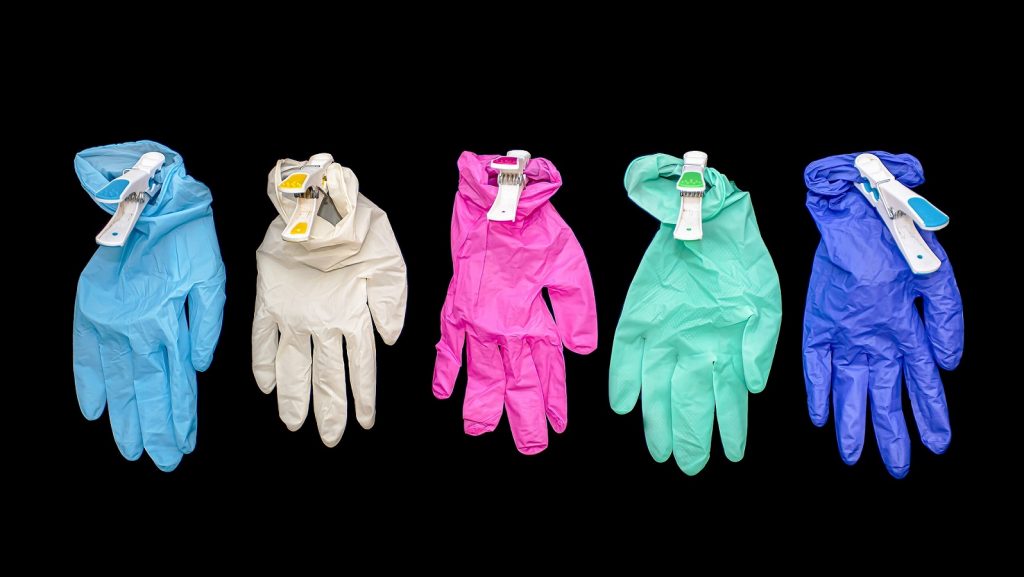Demand for new products to combat Covid-19 infections presents an opportunity for businesses under strain, but they should be aware of advertising, medical and intellectual property restrictions.
Businesses are adapting their business models in an effort to remain profitable and avoid job losses through the
Covid-19 lockdown. This has resulted in several non-medical businesses turning to manufacturing, distributing, or
retailing medical-related products, and doing so in haste.
No ad to show here.
Demand for face masks, hand sanitisers and other personal protective equipment (PPE) is growing. In response,
alcohol and perfume manufacturers have begun producing hand sanitisers while clothing manufacturers have
expanded their product ranges to include face masks and medical scrubs.
Businesses that now begin making personal protective equipment, hand sanitisers and other Covid-19 products, must aware of certain legal restrictions
These businesses need to ensure that their new product offerings comply with all applicable laws and regulations.
In terms of the Code of Advertising Practice, businesses need to be able to substantiate any claims they make with
evidence.
They cannot make claims appearing to have a scientific basis, which in reality they do not possess. When statistics or scientific information that substantiates a claim exists, businesses must be careful not to misuse research data, statistics or quotations in a way that implies that this has greater validity than it actually possesses.
Businesses not adhering to the Code open themselves up to the risk of a complaint being filed against them with the
Advertising Regulatory Board (ARB).
Since the ARB provides for a quick and cost-effective remedy for complainants who believe that advertisers have not adhered to the Code, it is imperative that businesses comply with it before launching a product.
In addition, the Medicines and Related Substances Act (opens as a PDF) prohibits anyone from making false or misleading advertisements or claiming in an advertisement that the therapeutic efficacy or effect of any medicine or medical device is other than that stated by the South African Health Products Regulatory Authority (Sahpra). Perpetrators face a fine or imprisonment of up to 10 years.
Businesses should not only be mindful of advertising codes, but also the requirement to comply with other provisions of the Act.
Sahpra is empowered to monitor, evaluate, regulate, investigate, inspect and register medicines and medical devices, among other medical-related products. Certain medical-related products need to be registered with Sahpra prior to being sold, and failure to do so is an offence.
Businesses that are venturing outside their areas of expertise must also be cautious of intellectual property (IP) laws
and ensure that, in developing new products, they are not infringing on third party IP rights.
Given the legal and reputational consequences of non-compliance with laws and regulations, businesses are urged to seek advice regarding advertising, IP protection and industry-specific regulations.
*Bernadette Versfeld is a partner at Webber Wentzel. Jodi Hardy, a candidate attorney at Webber Wentzel, also contributed to this article.
Featured image: Ri_Ya via Pixabay
